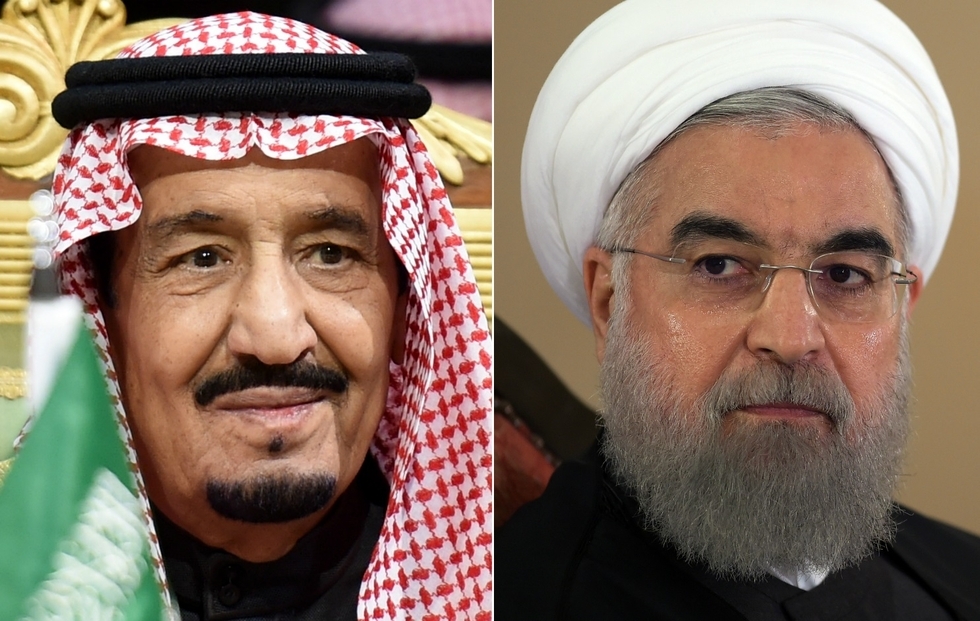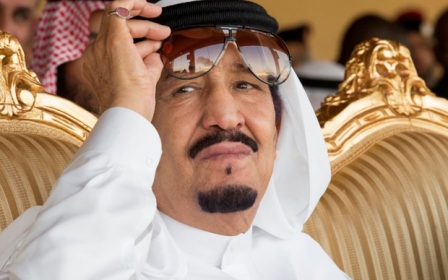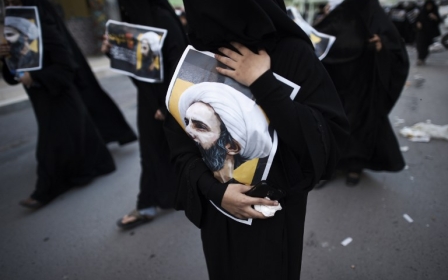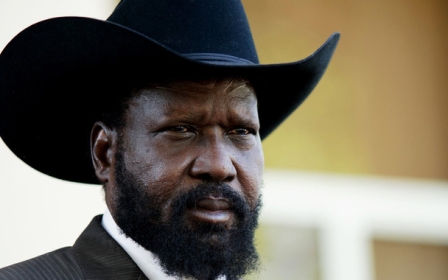Arabic press round-up: Politicising the Panama Papers

The leak this week of millions of financial documents from a Panama law firm sparked a range of reactions across Arabic media, from calls for legal action against leading figures whose names were implicated to claims that the whole thing was a CIA conspiracy.
A clear distinction between pro-government and more liberal or critical media emerged with some outlets failing to report sensitive names, including royal family members or politicians, while others openly called for prosecution of those involved.
Egyptian news website Masrawy focused on Alaa Mubarak, son of deposed Egyptian ruler Hosni Mubarak. The website reported that the Panama papers released copies of Alaa’s passports and revealed that his company was fined for violating procedural and regulatory laws.
Another article mentioned 19 well-known Egyptian figures, many of them from the Mubarak family, including his wife, sons, daughters-in-law and other relatives as well as senior politicians loyal to the former leader.
Meanwhile, Ahmed Mousa, a talk show host on Egypt’s Al Bald TV claimed that the CIA was behind the leaks. He argued that the fact no American leaders were implicated and that they targeted the families of Mubarak, Russian President Vladimir Putin, Saudi King Salman as well as many others indicated foul play.
The talk show also spoke with Fareed al-Deeb, Mubarak’s lawyer, who suggested the timing of the leak aimed to sabotage the visit of the Saudi king to Egypt this coming Friday.
Meanwhile in Morocco, independent Moroccan website Al Badil.info published an op-ed by Hamed al-Mahdawi, in which he urged the government to investigate the Panama Papers because King Mohammed VI’s secretary was among those named.
“Silence may harm the reputation of the kingdom and the king,” said Mahdawi, who called on authorities to take prompt action over the documents.
In Tunisia, Mosaique Fm Radio reported that the public prosecution office plans to bring legal action against some who appeared in the leaked papers and will sue those who are proven to be involved in money laundering.
The reaction in the Gulf was different. While many officials and members of ruling families in GCC countries figured in the documents, Gulf media was unsurprisingly selective in their coverage, preferring to focus on other countries and ignoring the names of emirs, princes and key officials that were revealed by Germany’s Suddeutsche Zeitung.
A news report by Al Jazeera Arabic chose to focus on the Syrian leadership, where the cousin of the Syrian president, Rami Makhlouf, was named in the documents.
“The Panama Papers revealed the Syrian regime is involved in corruption, resorting to three bogus companies to get around international sanctions,” the report said.
UAE’s popular news website 24.ae published an article headed: “Iran and Hezbollah at the forefront of those involved in the Panama Papers scandal with 33 names and companies".
The news report added that the Iran-Hezbollah involvement included engaging in the drug trade in Mexico.
The London-based Saudi newspaper, Alsharq Alawsat adopted a similar selective approach by focusing on opponents of the kingdom and GCC countries. The paper ran an article titled: “Panama Papers stir international controversy…and Putin is the angriest”.
The opposing camp also went on the attack. The Russian Arabic version of Sputnik news agency seized the opportunity to attack the Saudi king, whose name was one of a dozen heads of state to be revealed in the papers, as well as that of the former emir of Qatar.
A news report published on the website was titled: “Panama Papers and the scandal of the ruling families in Saudi Arabia and Qatar”.
The pro-Hezbollah Al-Akhbar seized the opportunity to attack traditional enemies of the Lebanese militia - Saudi Arabia, Qatar and UAE.
“President of the Emirates has 30 companies that own commercial and residential properties in Knightsbridge and Mayfair in central London,” the paper reported.
Egyptian newspaper Youm7 also cherry-picked from the papers and used them to attack Egypt’s political opponents.
The paper focused on the former emir of Qatar, Sheikh Hamad bin Khalifa al-Thani. It reported on his dealings with legal firm “Mossack Fonseca to hide the money he gained when he was an emir”.
Middle East Eye propose une couverture et une analyse indépendantes et incomparables du Moyen-Orient, de l’Afrique du Nord et d’autres régions du monde. Pour en savoir plus sur la reprise de ce contenu et les frais qui s’appliquent, veuillez remplir ce formulaire [en anglais]. Pour en savoir plus sur MEE, cliquez ici [en anglais].




